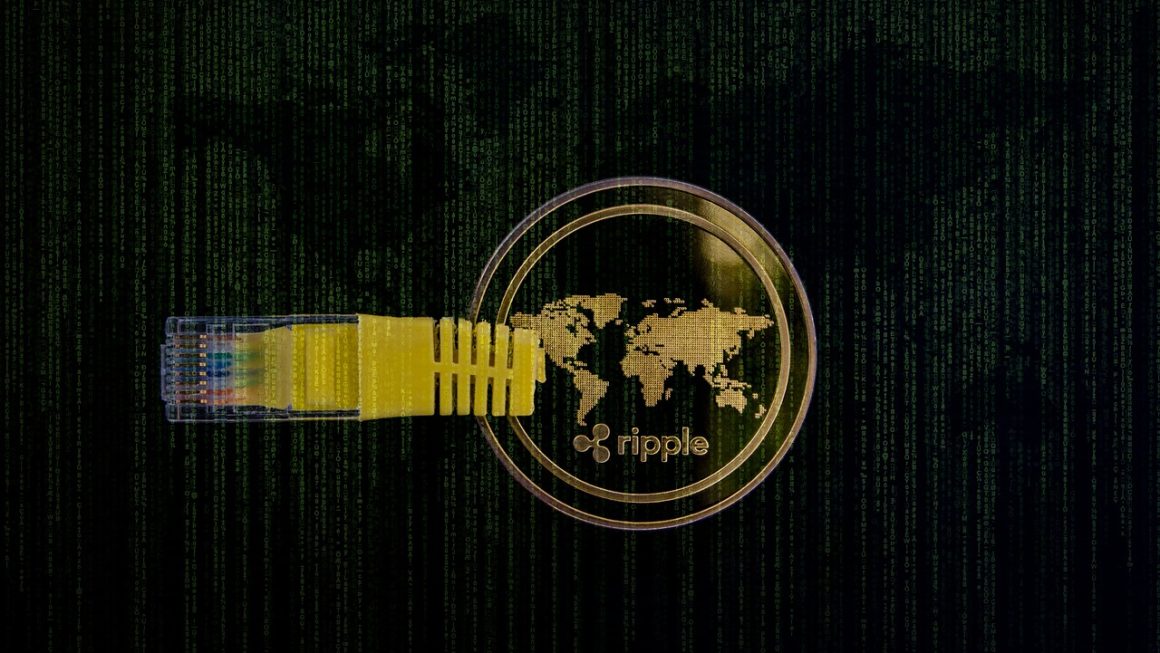Blockchain Innovation: Transforming Industries, Enhancing Trust
Blockchain technology, with its decentralized, immutable, and transparent nature, has emerged as a revolutionary force reshaping industries and transforming business practices. From finance and supply chain management to healthcare and voting systems, blockchain innovation is driving advancements and redefining the way we interact with data.
## The Concept of Blockchain
A blockchain is a distributed ledger that records transactions in a secure and tamper-proof manner. It consists of blocks of data that are linked together in a chronological sequence, creating an immutable record of events. Each transaction on a blockchain is validated by a network of nodes and added to the distributed ledger, making it resistant to alteration or fraud.
## Key Features of Blockchain
- Decentralization: No single entity controls the blockchain, which reduces the risk of centralized failure or manipulation.
- Immutability: Once a transaction is added to the blockchain, it cannot be reversed or altered, ensuring the integrity and reliability of data.
- Transparency: All transactions on the blockchain are visible to participants, creating an auditable and verifiable record.
- Security: Cryptographic algorithms and consensus mechanisms protect the blockchain from malicious attacks and unauthorized access.
## Applications of Blockchain
- ### Financial Services
- Cryptocurrency: Bitcoin and other cryptocurrencies are digital assets built on blockchain technology, offering secure and decentralized payment systems.
- Smart Contracts: Blockchain-based smart contracts automate and execute agreements without the need for intermediaries, reducing transaction costs and improving efficiency.
- ### Supply Chain Management
- Traceability: Blockchain provides transparent tracking of goods throughout the supply chain, from production to distribution, ensuring product authenticity and preventing counterfeiting.
- Inventory Optimization: Blockchain-enabled inventory management systems improve efficiency by providing real-time visibility into inventory levels, reducing waste and optimizing storage.
- ### Healthcare
- Secure Patient Records: Blockchain can securely store and manage patient health records, ensuring privacy and preventing unauthorized access.
- Clinical Trials: Blockchain facilitates efficient data sharing and collaboration between researchers, accelerating drug development and clinical trials.
- ### Voting Systems
- Election Integrity: Blockchain technology enhances election security by creating an immutable and transparent voting system, reducing the risk of fraud and tampering.
- Voter Verification: Blockchain-based voter verification systems streamline the voting process and prevent multiple or fraudulent voting.
## Benefits of Blockchain Innovation
- Improved Security: Blockchain’s decentralized and immutable nature protects data from unauthorized access and cyberattacks.
- Trust Enhancement: The transparency of blockchain transactions builds trust among parties and eliminates the need for intermediaries.
- Increased Efficiency: Blockchain automates processes and eliminates manual errors, improving operational efficiency and reducing costs.
- Enhanced Traceability: Blockchain provides end-to-end traceability of goods and services, ensuring product authenticity and supply chain visibility.
## Challenges and Considerations
While blockchain offers significant benefits, it also faces some challenges:
- Scalability: Some blockchain platforms struggle to handle high volumes of transactions, affecting performance and efficiency.
- Interoperability: Different blockchain platforms often lack interoperability, limiting the seamless exchange of data and value.
- Regulation: The regulatory landscape for blockchain is still evolving, creating uncertainty for businesses operating in this space.
## Conclusion
Blockchain innovation is rapidly transforming industries, enhancing security, trust, and efficiency. Its decentralized, immutable, and transparent nature empowers businesses and individuals with new possibilities for data management and collaboration. While challenges exist, the potential of blockchain is immense, paving the way for continued advancements and a more secure and connected future.


